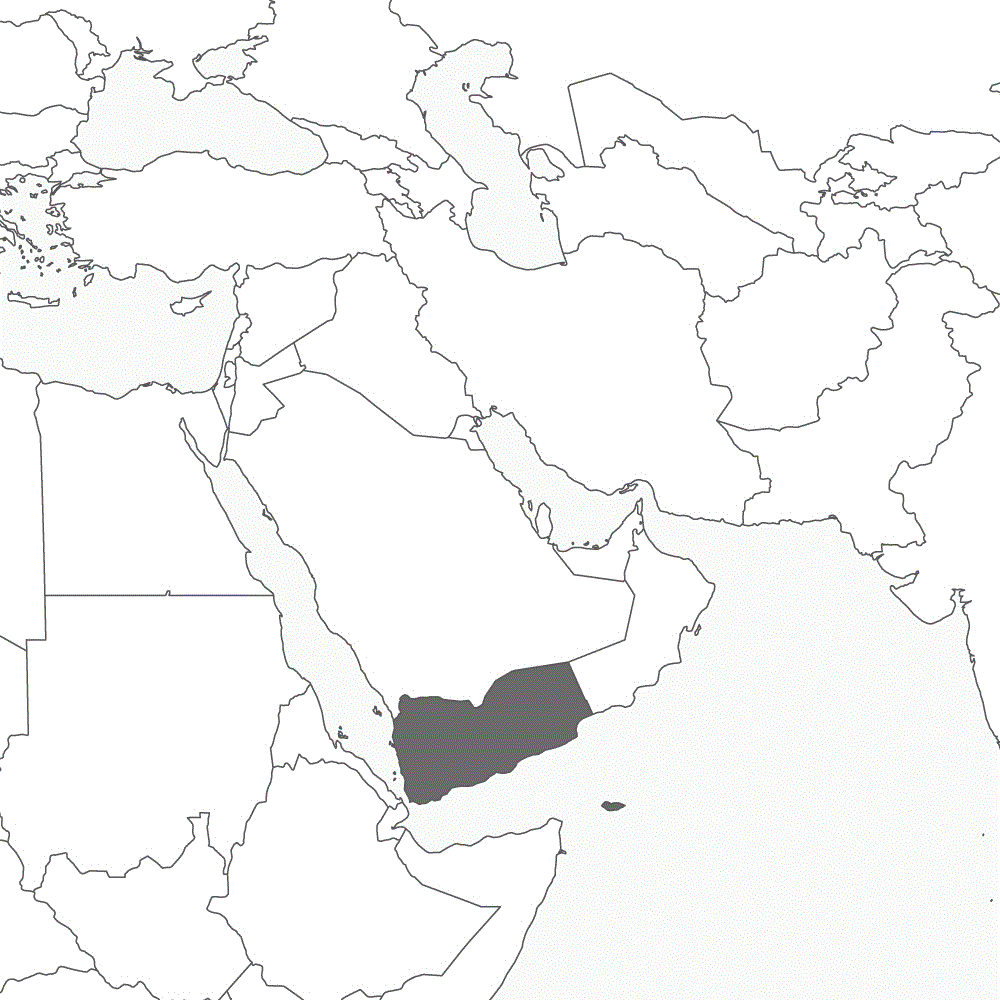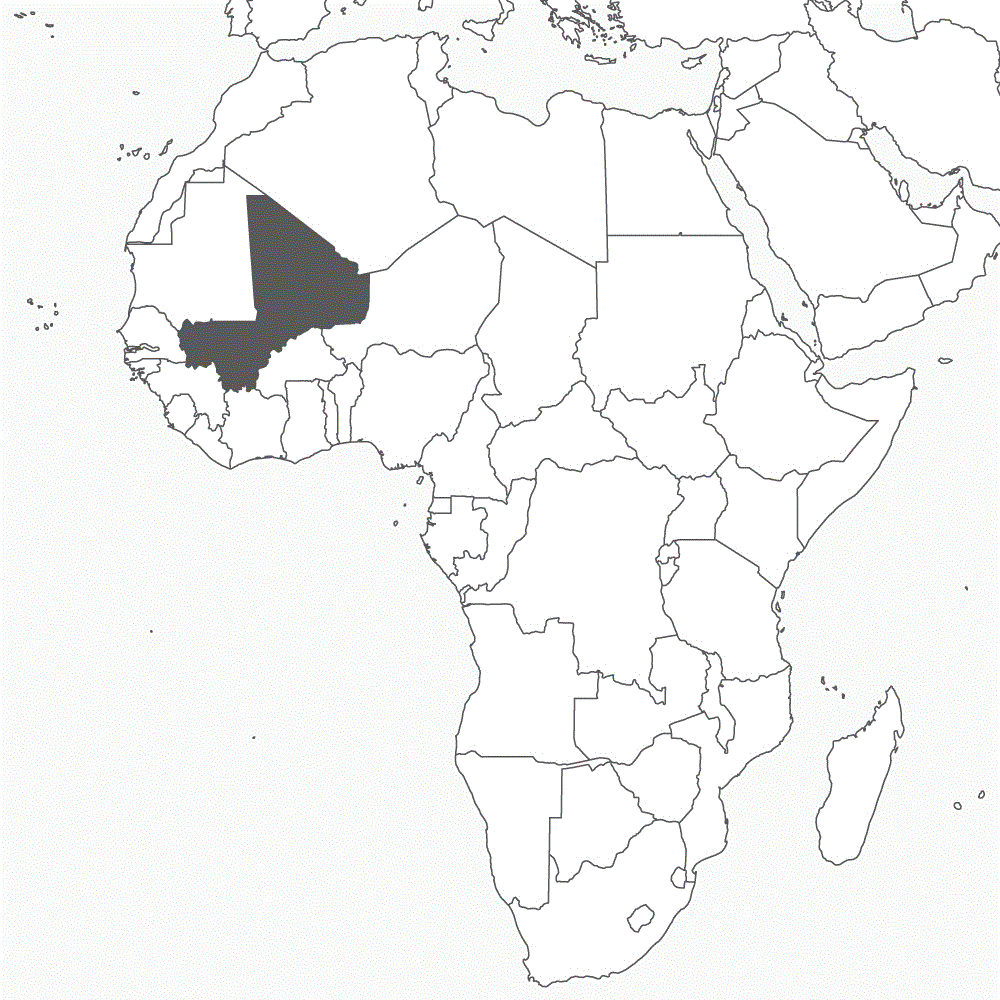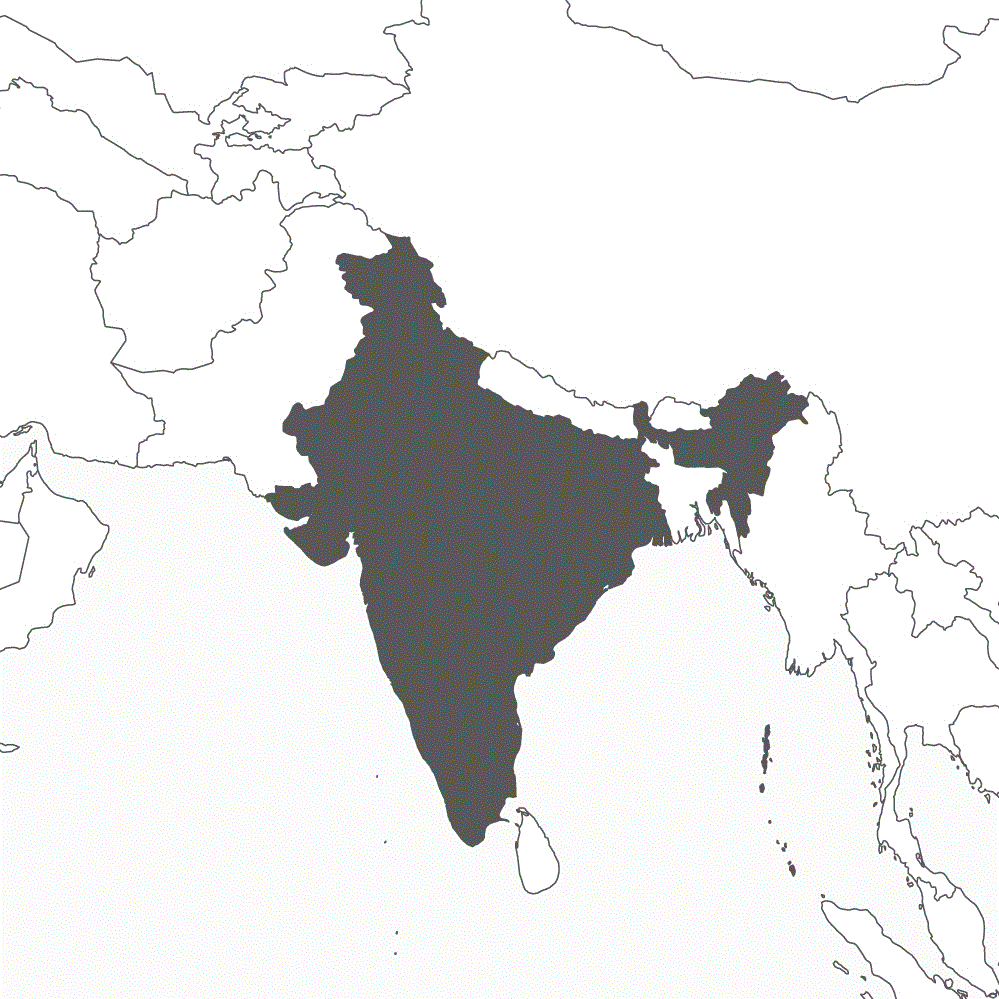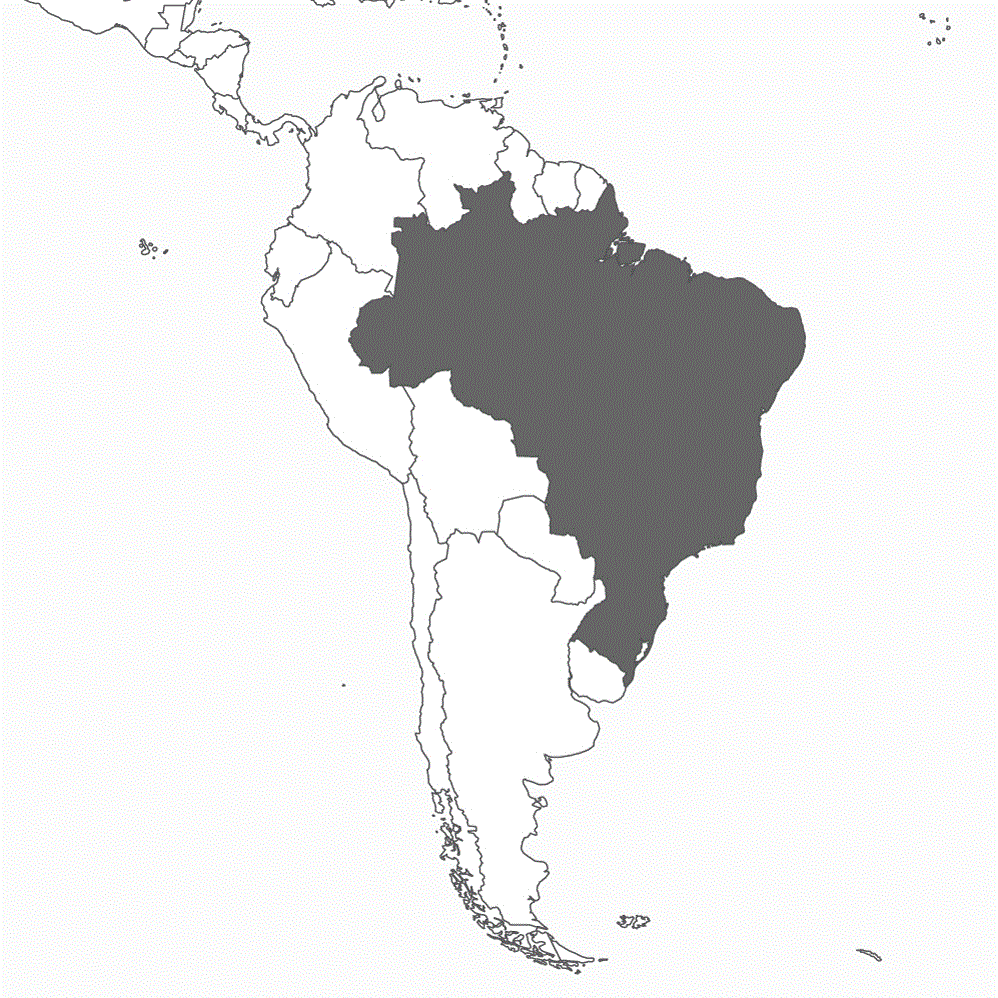Warships in the Red Sea
Bundeswehr participation in a naval coalition against Yemeni Houthi militias under discussion. Red Sea deployment could mean direct German involvement in a wider Middle East war.
BERLIN/WASHINGTON/SANAA (own report) – Some German business representatives and politicians in the FDP are calling for a deployment of the German Navy to the Red Sea. This comes in response to US efforts to forge a multinational naval coalition to combat the current attacks by Yemen’s Houthi militias on merchant ships. The Houthi’s say their attacks are intended to increase the pressure on Israel to cease its onslaught in the Gaza Strip. The shelling of merchant ships at the weekend led to some of the world’s largest shipping companies, including Germany’s Hapag-Lloyd, cancelling voyages through the Red Sea. If the danger continues, shipping will have to take long detours, which will sharply drive up costs. Washington is keen to prevent the situation from spiralling out of control. A major war in the Middle East would tie down its forces in the region and thwart American moves to focus entirely on the power struggle against China. Demands for German warships to be sent to the Red Sea have been voiced by FDP politician Marie-Agnes Strack-Zimmermann. Should the conflict escalate, Germany would find itself party to an open-ended war in the Middle East. Read more
On the path towards autonomy (II)
Bundeswehr mission in Mali is over. European troops failed to defeat the jihadists in the Sahel. Mali, Burkina Faso and Niger now turned to Russia.
BAMAKO/BERLIN (own report) - The Bundeswehr mission in Mali has come to an end. Yesterday, Tuesday 12 December, the last 142 German soldiers withdrew from their former base in Gao in northern Mali. They are making their way back to Germany, where they are expected to arrive on Friday. German soldiers were stationed in the country for ten years, most of that time alongside French combat troops as part of an EU and a UN mission – EUTM Mali and MINUSMA respectively. If the aim was to defeat jihadist militias in the Sahel, this was not achieved. The jihadists were able to expand their operations, turning not only northern Mali but also the centre of the country into a theatre of civil war. As protests against the presence of European troops, including Germany’s Bundeswehr, gained momentum among the population, Mali’s coup-installed governments also began to push against the Western deployment from 2020, ultimately forcing these foreign forces to withdraw. Since then, Mali has continued its fight for greater autonomy and for reforms to reorganise the country beyond the influence of former colonial powers in Africa, including Germany. Mali is increasingly collaborating with the neighbouring states of Burkina Faso and Niger, along with additional military backing from Russia. Read more
Costly sanction battles
India’s largest gas utility demands US $1.8 billion in compensation from German supplier SEFE (formerly Gazprom Germania) for non-supply. The reason: sanction battles with Russia.
NEW DELHI/BERLIN (own report) – Gail, India’s largest natural gas utility, is demanding up to US $1.8 billion in compensation for contact breach by GMTS, a subsidiary of the German gas supplier SEFE (ex-Gazprom Germania). The arbitration claim is based on GMTS’s failure to deliver agreed liquefied natural gas cargoes to Gail last year. The German company had planned to deliver Russian LNG, but Russia’s response to the EU sanctions regime meant that it has not received Russian gas since late spring 2022. Although SEFE/GMTS managed to procure LNG from alternative sources, it has prioritised deliveries to the German market. Gail estimates the damage caused by supply shortfalls to be in the billions of dollars. The Indian company has now initiated proceedings before the International Court of Arbitration in London. India was not the only country in South Asia to suffer LNG shortages last year as European energy companies snapped up available stocks on the global market and drove up prices. Bangladesh and Pakistan also saw a sharp decline in LNG imports. Indeed, only this month has Pakistan received its first gas shipment from the spot market since mid-2022. Read more
“In China for China”
German companies – from car giant Volkswagen to SMEs – are making their plants in China independent of bases in Europe. Immunising operations against new Western sanctions raises German investment in China to record levels.
WOLFSBURG/BEIJING (own report) – In the run-up to the EU-China summit, which begins today, the trend towards relocating German corporate activities to the People’s Republic is gaining momentum. A few days ago Volkswagen announced that it would be developing a new platform for electric car models at a new centre in Hefei in eastern China, where the vehicles are then to be manufactured. This departs from VW’s previous practice of keeping vehicle development mainly in Germany. The company also plans to source almost entirely from domestic Chinese suppliers for its electric car manufacture in the People’s Republic. This will, the company claims, mean faster, cheaper and better production. But it also means that operations in Germany will be lost. Moreover, VW China will be in a position to split off from the German headquarters – again, to the detriment of the group’s base in Germany – should the West’s economic war on the People’s Republic escalate. Similar preparations are also being made by medium-sized enterprises operating in China. This is reflected in the recent sharp upturn in German investment in China, where the overall German investment portfolio is at a record level. Economists concede that this is a “paradoxical and unintended consequence” of the West’s economic war. Read more
Raw materials and skilled labour
Lula in Berlin: German industry is calling for better access to Latin America’s natural resources and wants to poach highly skilled workers. The tussle over a free trade agreement with Mercosur continues.
BERLIN/BRASÍLIA (Own report) – Ahead of the German-Brazilian government consultations in Berlin today, Monday, 4 December, German business has been pushing for a rapid expansion of economic relations between the two countries. Germany wants to expedite ratification of the free trade agreement with South America’s Mercosur alliance. Over the past ten years German industry has generally seen itself overtaken in Latin America by competitors, as a recent paper by the Latin America Committee of German Business (LADW) points out. The report says that German exports to the continent increased by just three per cent between 2012 and 2022, while US exports grew over the same period by 38 per cent and Chinese exports by as much as 87 per cent. German companies want this trend to change. It is not only about targeting Brazil as a sales market, but also a question of gaining access to Latin America’s raw materials and skilled human resources for deployment in German companies. This is the background to German industry’s push for the EU’s free trade agreement with Mercosur to be finally ratified after many years of talks. Brazil, on the other hand, has a different perspective, seeing itself as a representative of the Global South and increasingly opposing global Western dominance. Read more
GERMAN-FOREIGN-POLICY.com
Information on German Foreign Policy: News + Interviews + Analyses + Background




